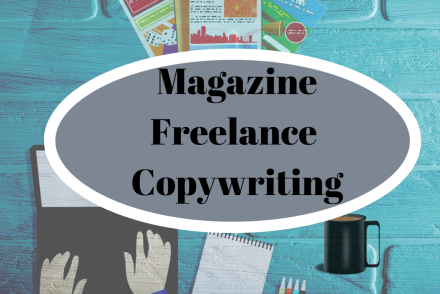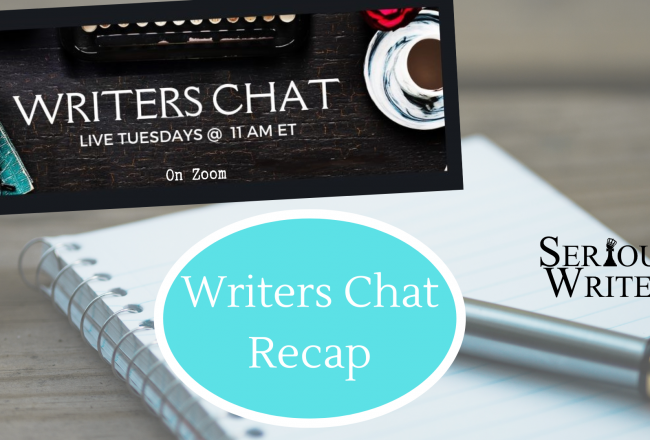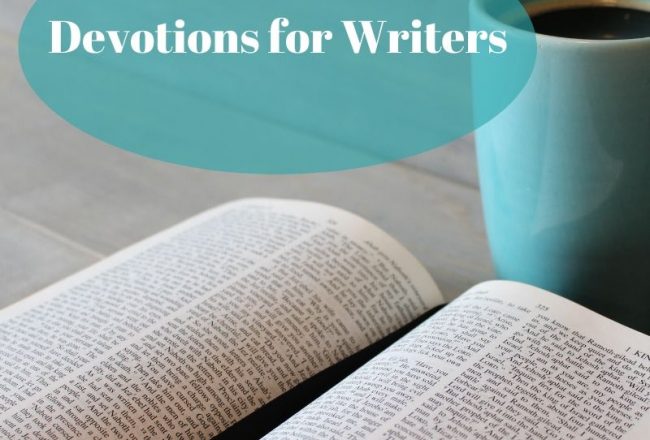
Is That True??!!
I heard comments/complaints in a writer’s group recently that “it is impossible to get your book into the library”…
August 8, 2024
I heard comments/complaints in a writer’s group recently that “it is impossible to get your book into the library”…
August 8, 2024
A few years ago, I got to the point where I could not watch the evening news. It was…
August 6, 2024
A farmer went out to sow his seed. As he was scattering the seed, some fell along the path;…
August 3, 2024
Writers Chat, hosted by Johnnie Alexander, Brandy Brow, and Melissa Stroh, is the show where we talk about all…
July 31, 2024
After I hit my head earlier this year, it took me a few days to get back to my…
July 30, 2024
It can be tricky to grab a reader and plunge them into a different world, and even more so…
July 27, 2024
Do you know a well-known person who will agree to write an endorsement or foreword for your book? Resist…
July 25, 2024
Staying creative is essential for life as a writer. Even for those who consider themselves endlessly creative, there can…
July 18, 2024
Writers Chat, hosted by Johnnie Alexander, Brandy Brow, and Melissa Stroh is the show where we talk about all…
July 17, 2024
Writing can feel like a solitary career at times. After all, it’s just you, the keyboard, and your ideas…
July 16, 2024
Creating a content hub is the best way to organize your website’s content IF your topics coordinate with one…
July 12, 2024
I have been working/pitching a series of four board books for the last few years on the seasonal changes…
July 9, 2024
Introduction In the process of digital transformation, influencer marketing can be seen as the navigation that points brands to…
July 7, 2024
I love quotes, motivational thoughts, words of wisdom or whatever you like to call them. The writer in me…
July 6, 2024
But in your hearts revere Christ as Lord. Always be prepared to give an answer to everyone who asks…
July 3, 2024
Writers Chat, hosted by Johnnie Alexander, Brandy Brow, and Melissa Stroh, is the show where we talk about all…
June 30, 2024
As 80% of the country is suffering from extreme heatwaves, many people are looking for relief from the summer…
June 29, 2024
Before you fire off your proposal to a literary agent or an editor, get permission to send them your…
June 28, 2024
When I heard that Rachel Kovanciny recently worked with One Audiobooks to produce her guide: Explore Charlotte Bronte’s classic…
June 27, 2024
Writers Chat, hosted by Johnnie Alexander, Brandy Brow, and Melissa Stroh, is the show where we talk about all…
June 21, 2024
Summer is just around the corner, and as the weather warms up, it’s the perfect time to step away…
June 19, 2024
As a writer, your prized possession is almost certainly your collection of books. Whether you read reams of epic…
June 15, 2024
In Part One we discussed how very valuable email is to our platform, and why using an email provider…
June 12, 2024Last month we put together pitches – the 30-second “What is your book about?” Unless you happen to end up next…
June 8, 2024
I always have the first Saturday in May marked on my calendar. Even though I have never been in…
June 6, 2024



